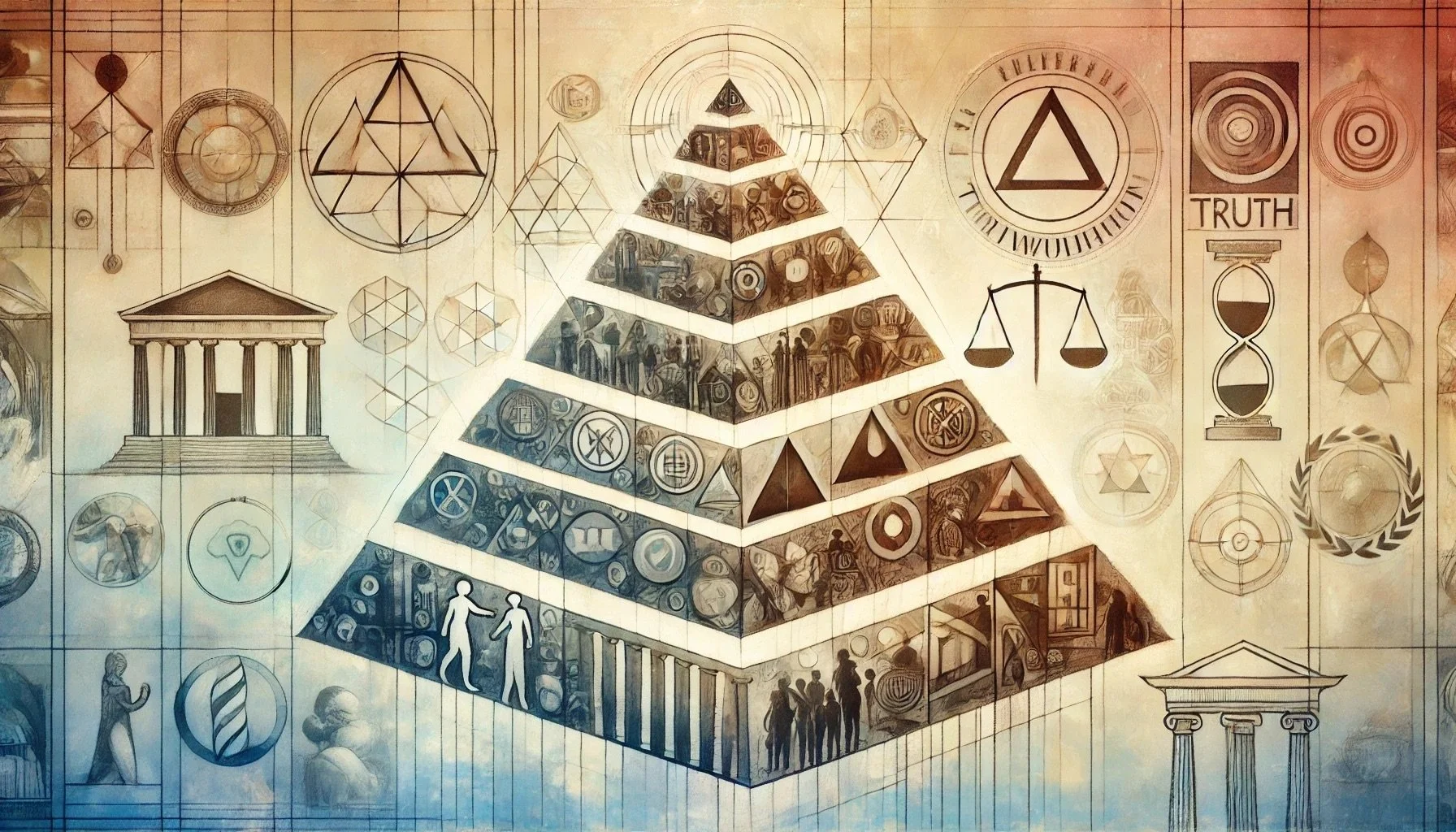How a Personal Hierarchy of Values Shapes Ethical Decisions and Political Choices
Most communicators will be familiar with Maslow’s hierarchy of needs that drive human motivation.
The idea of a hierarchy of values is discussed both in terms of the law, as a basis for making decisions, and in behavioral science, to explain behavior.
Using a hierarchy of values provides a useful framework when thinking about issues, including how voters made decisions during the election.
A brief review of philosophical schools, from the ancient Greeks to today, underscores a critical point about values, morals and ethics: The ability to make categorical statements about what is right or wrong depends upon the lens applied.
For some, morals are based on natural laws or religion. But there are countervailing arguments that moral codes are relative and invented by humans to ensure the basic functioning of society.
That so much human effort has been put into thinking about ethics and morals underscores their importance. The attention given to the role of morals in voter decisions made during the presidential election by writers (including this one), reflects their continued relevance.
It is overly simplistic to believe either party’s members' views are homogenous when it comes to morals and values. Neither are Republican or Democrat. They are, at their core, based on what individuals bring to the table to make decisions.
Using a hierarchy of values as a tool to make decisions does not mean that yours or mine will be the same. It does provide a path that allows us to recognize differences in views while making a case that is intellectually sound.
Thinking about and creating a hierarchy of values is a very personal exercise, but also one formed by the prevailing school of ethics and morals you buy into – whether Greek, religious, embedded into the constitution or Machiavellian. We need to also recognize that the same values will mean different things to different people. For example, both political parties advocated for freedom.
As an example, the following values would be the basis for my ethical code:
Equal rights
Freedom
Truth
In practice, for me, it is morally wrong for an individual to be denied their rights to the opportunity to pursue happiness (and success), to vote as they wish, to have access to or express opinions or to be paid a fair wage. Freedom is, in this context, the value that maintains these rights within society. And truth, the foundation for society’s ability to function in ways that ensure society operates transparently to ensure values are being upheld.
Ethics, morals and values are complex. We need to take the time to think about what our values are and then use this as the basis for making our judgments. This does not mean that we are right. It simply means that we have a foundation for our opinions, which in turn makes for more compelling arguments. Ultimately, this provides a better basis for discussion and the compass we use to guide our personal and professional actions.


